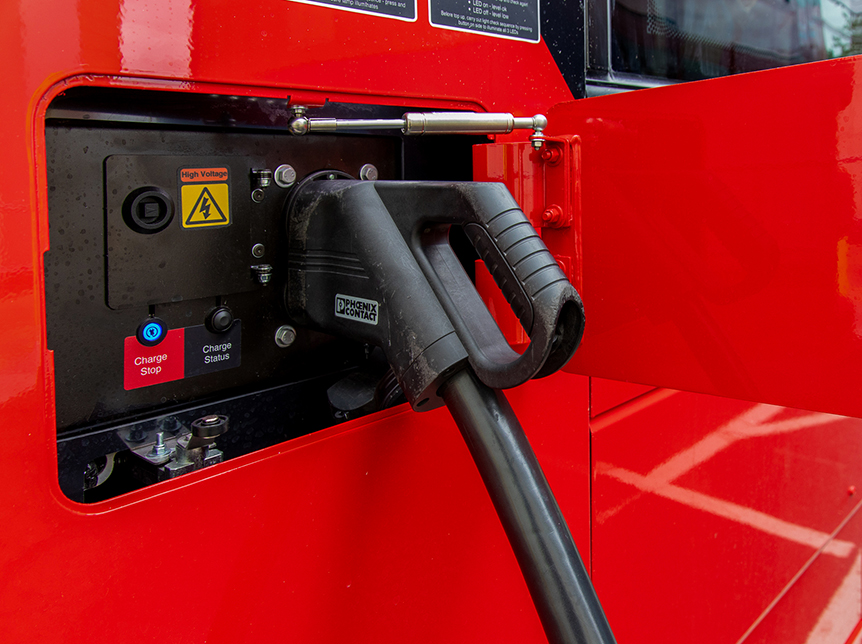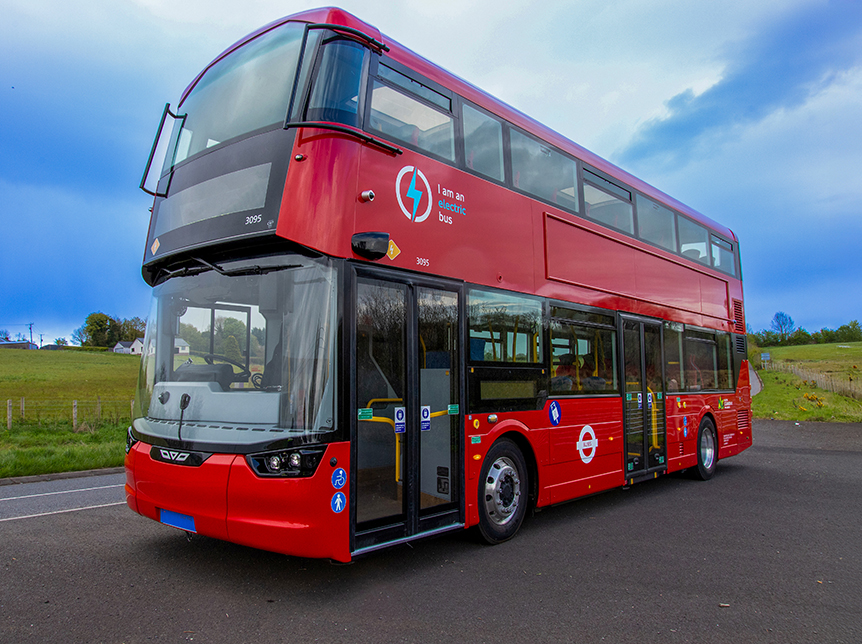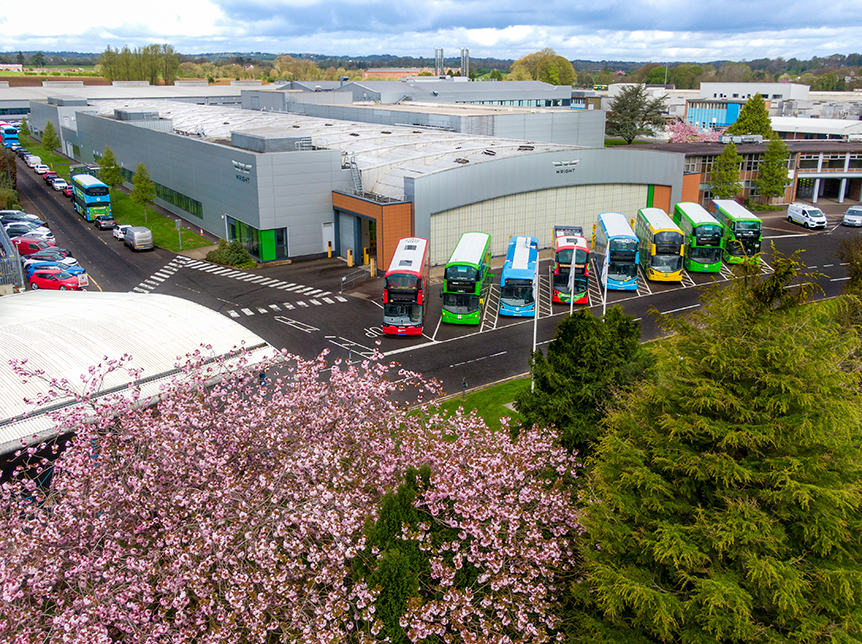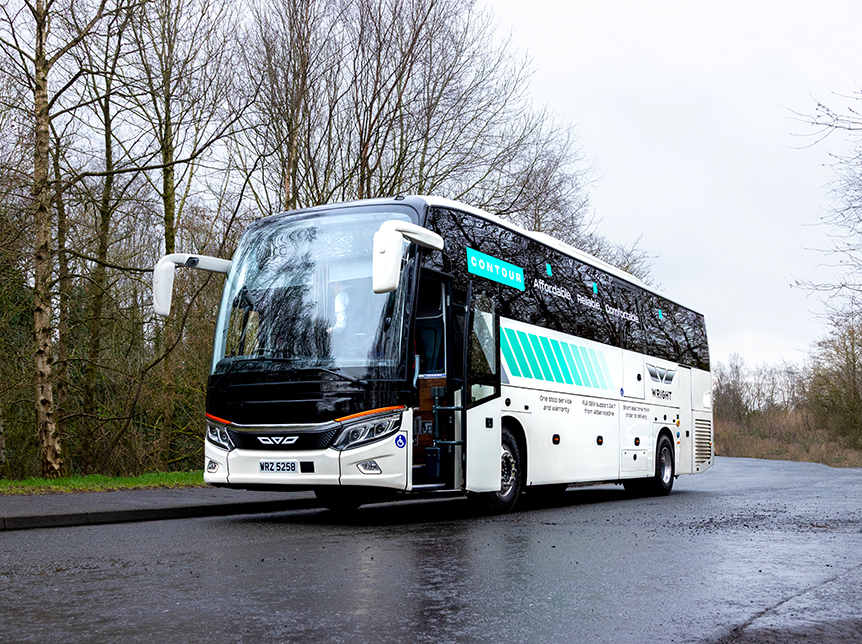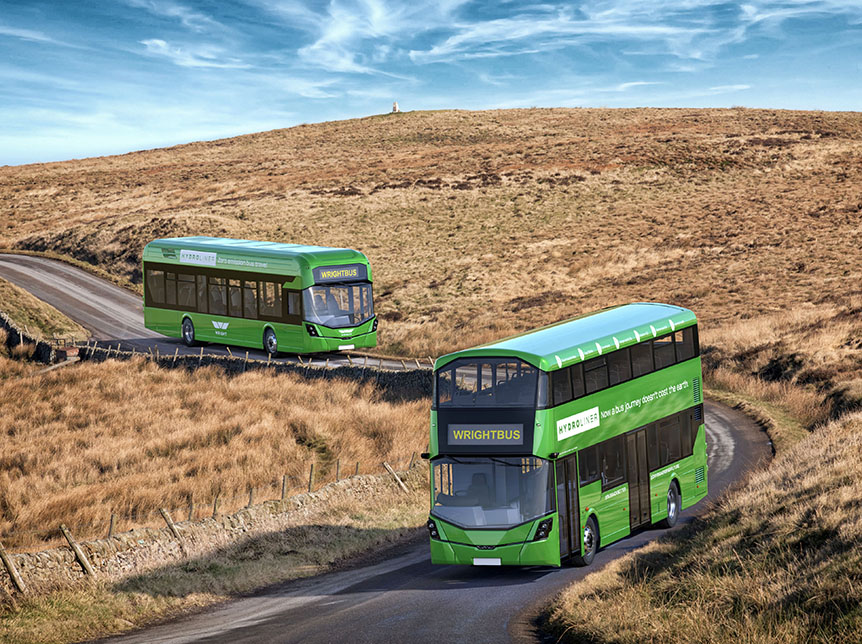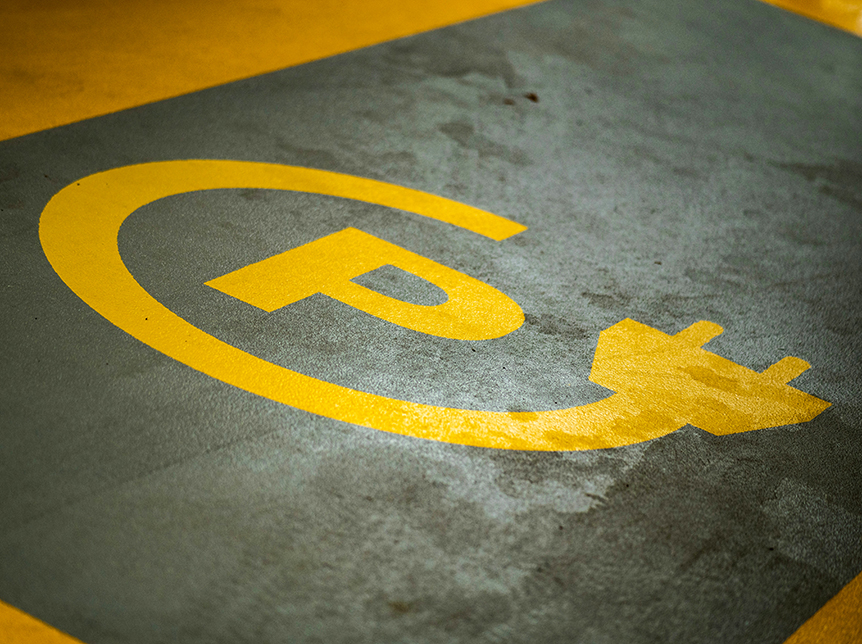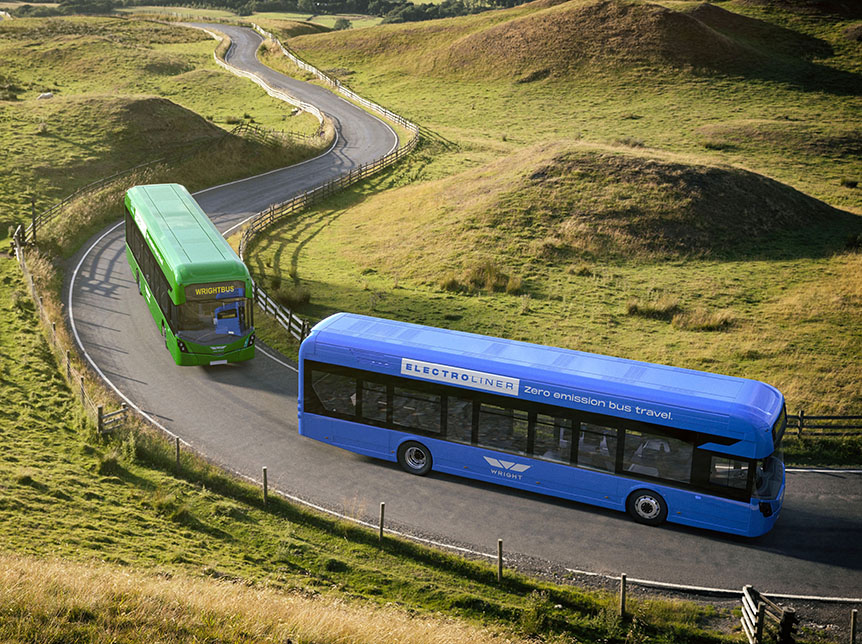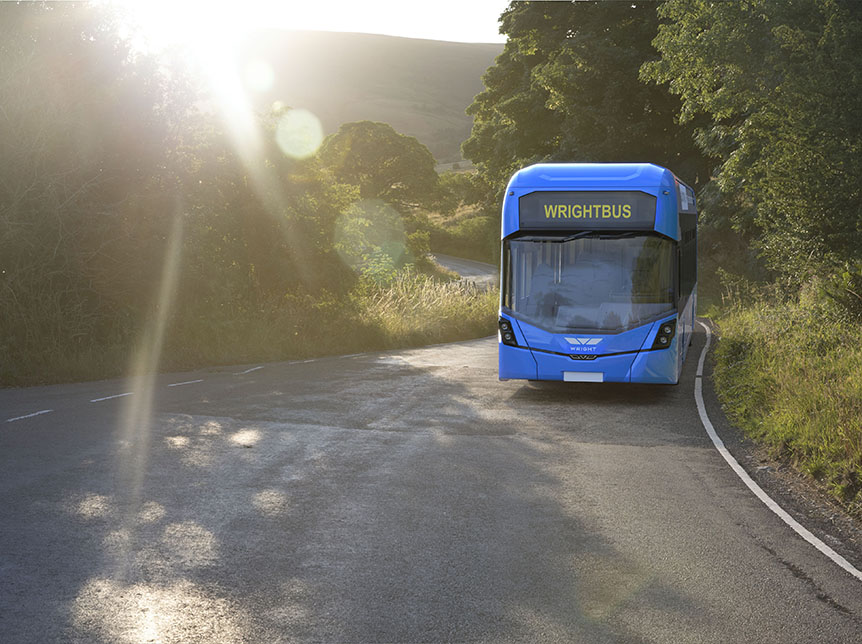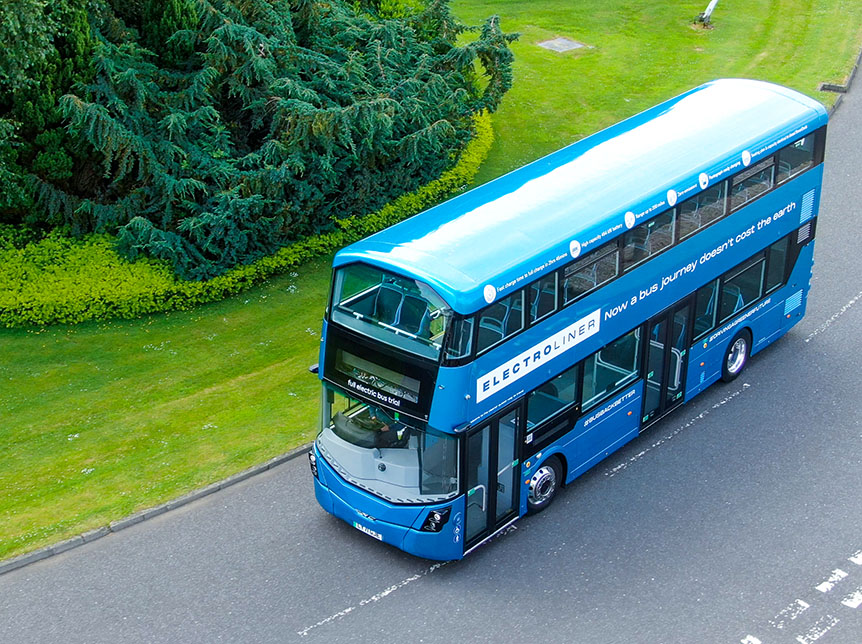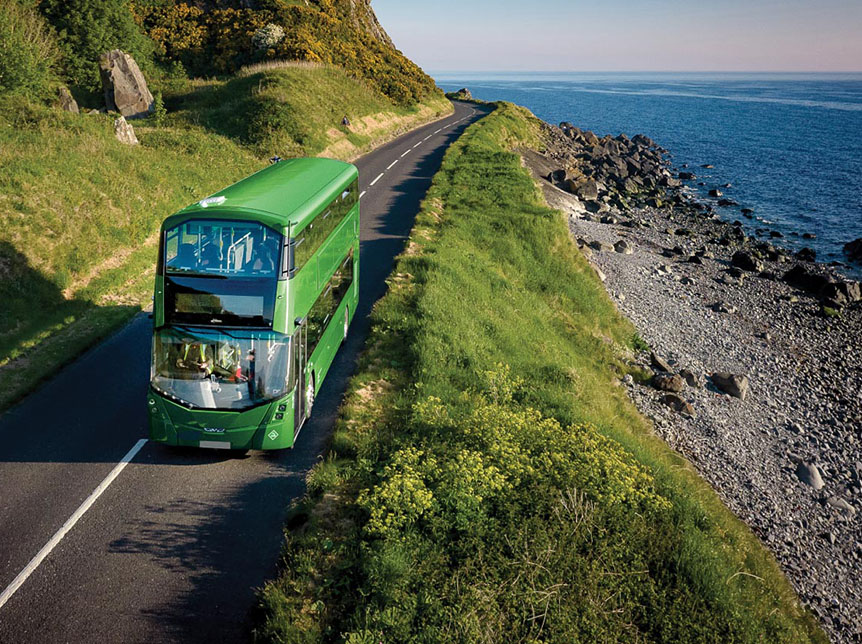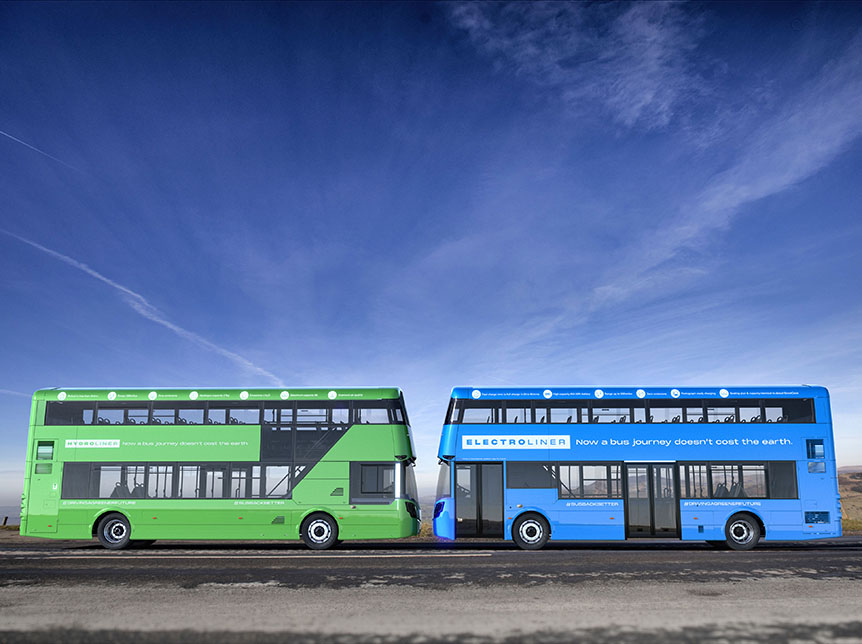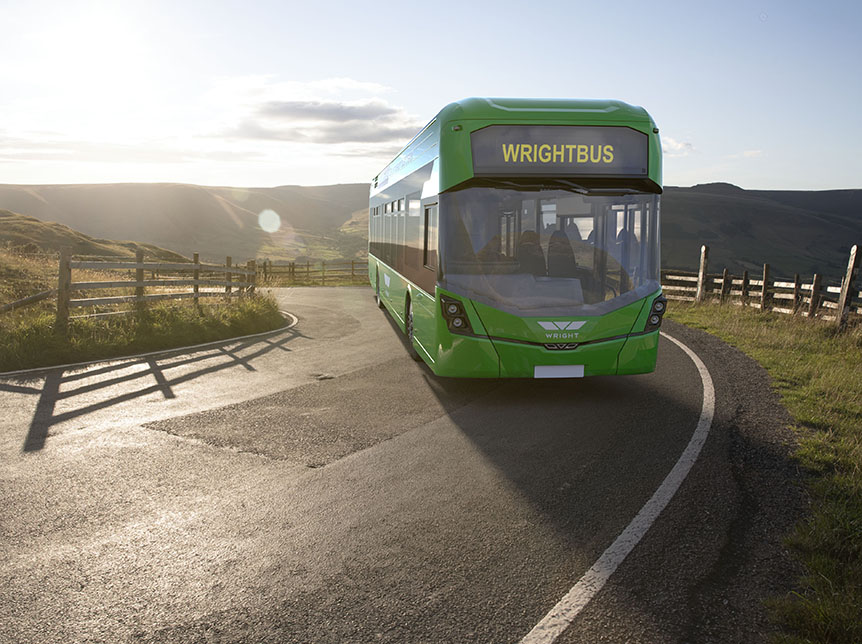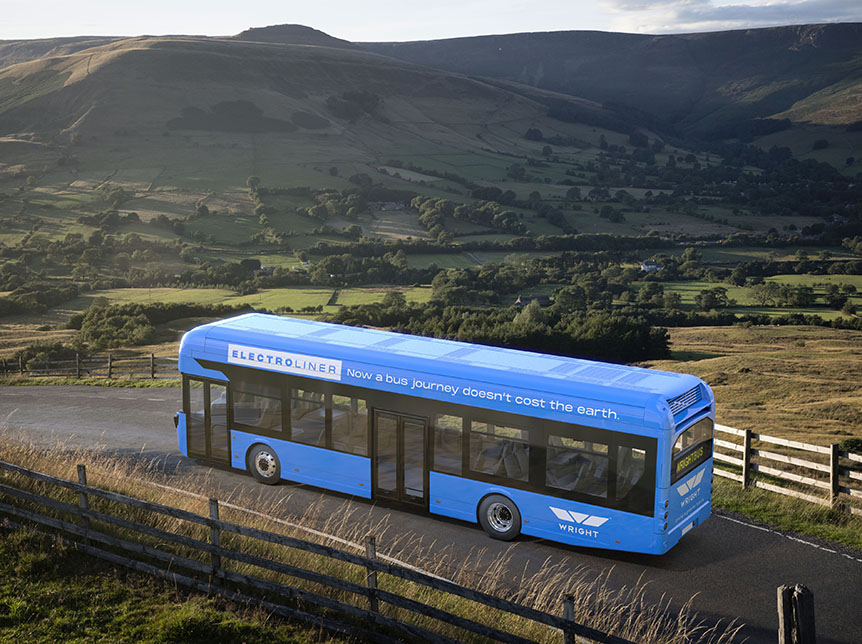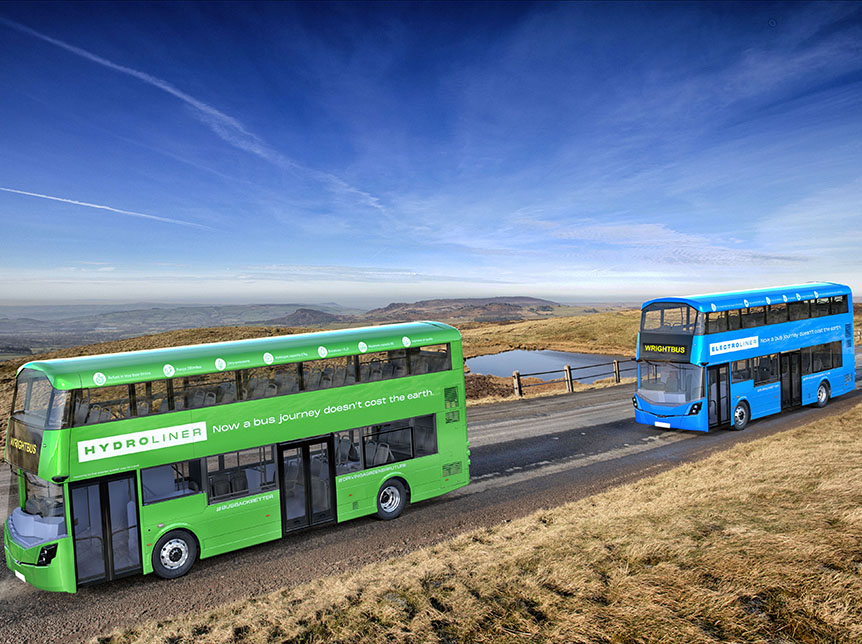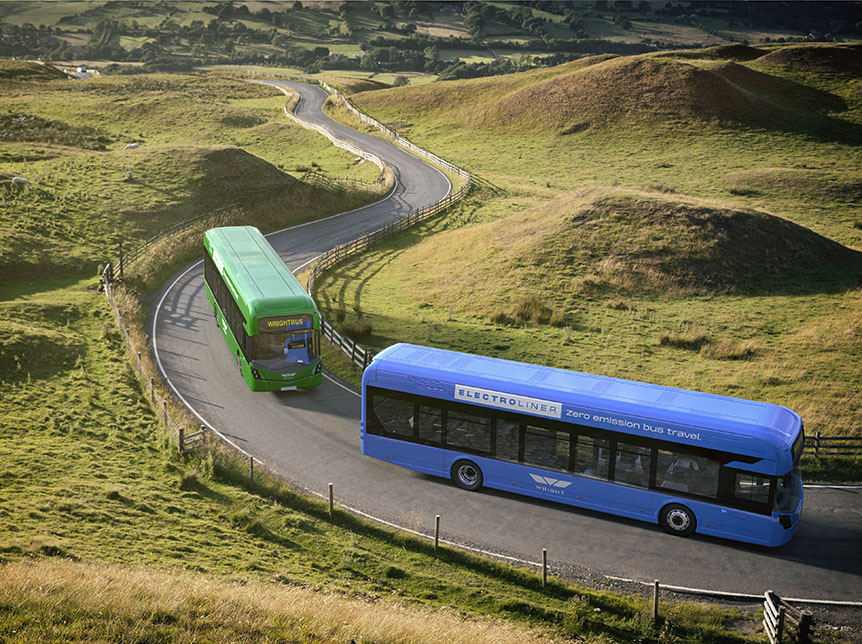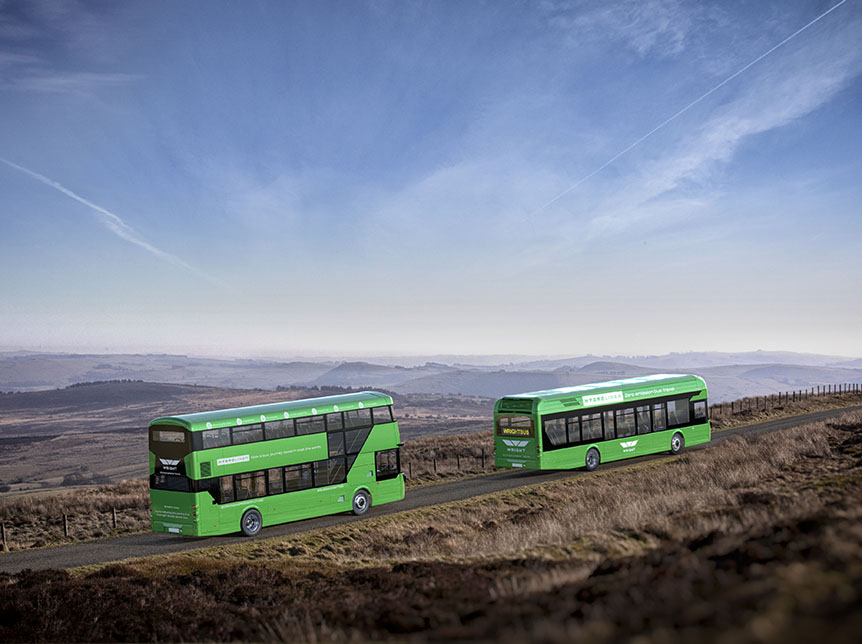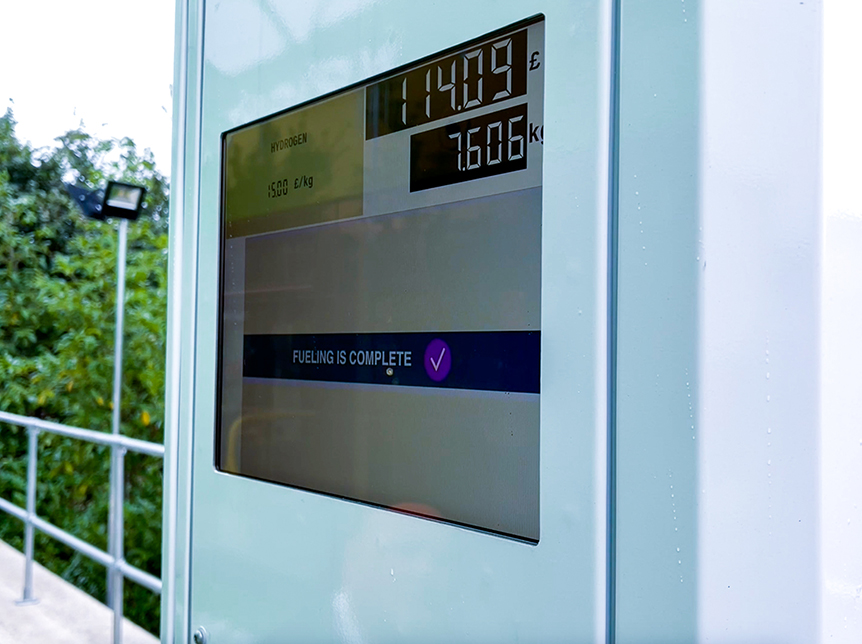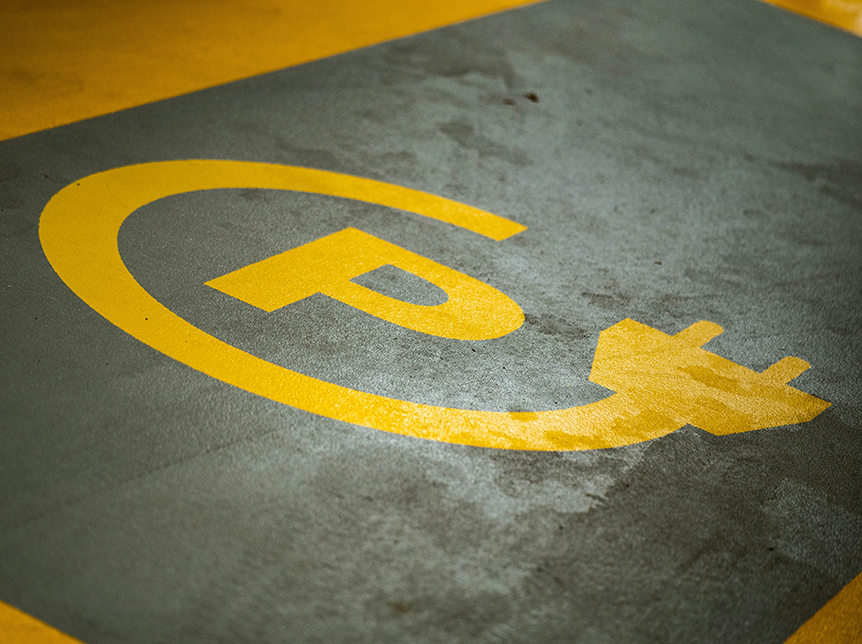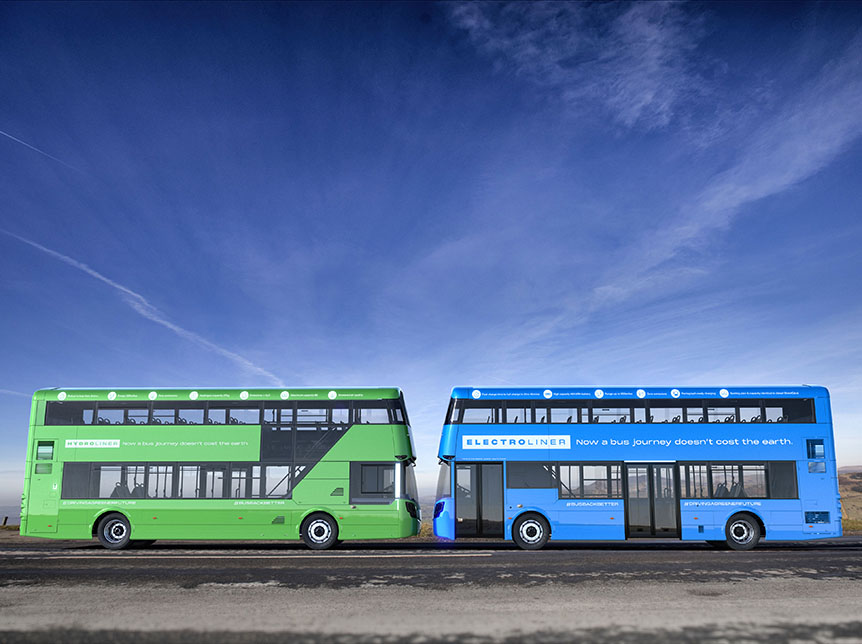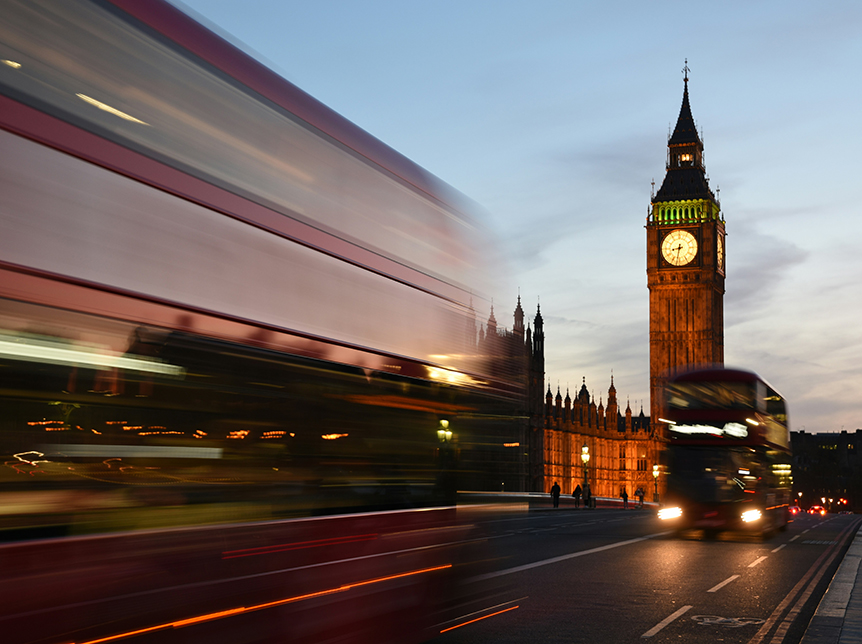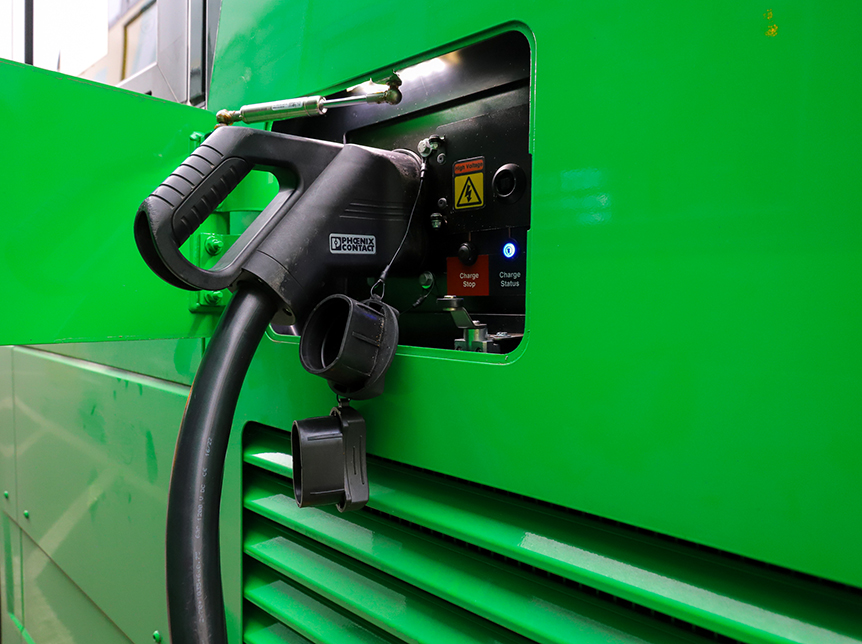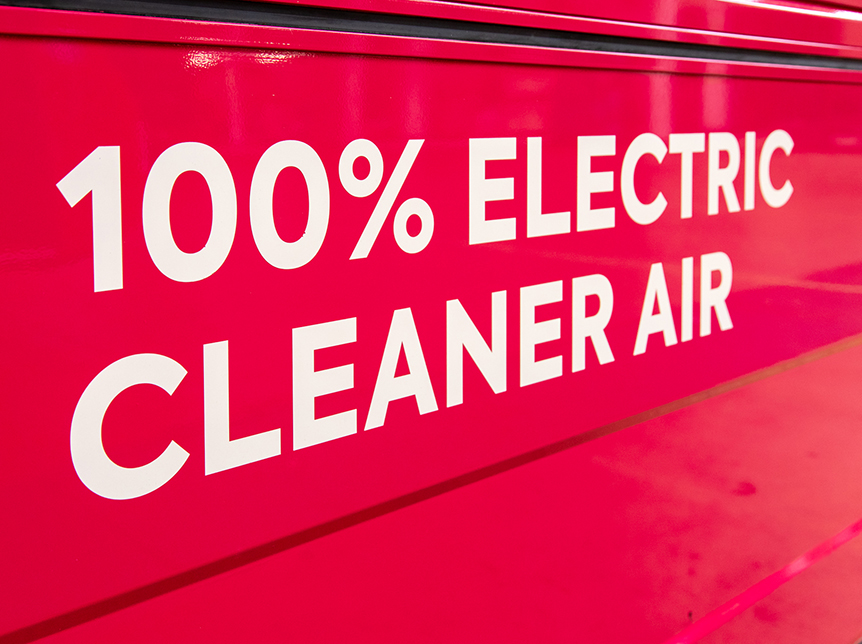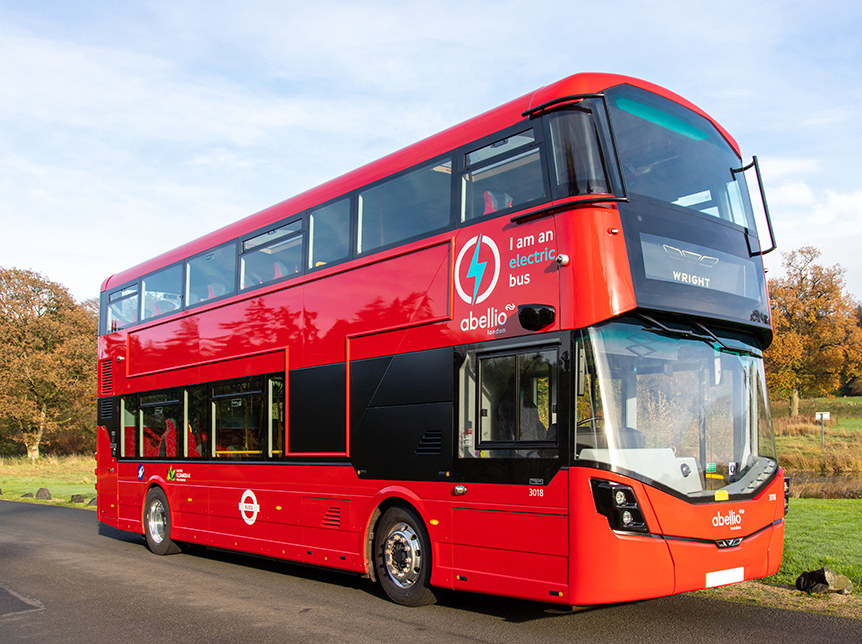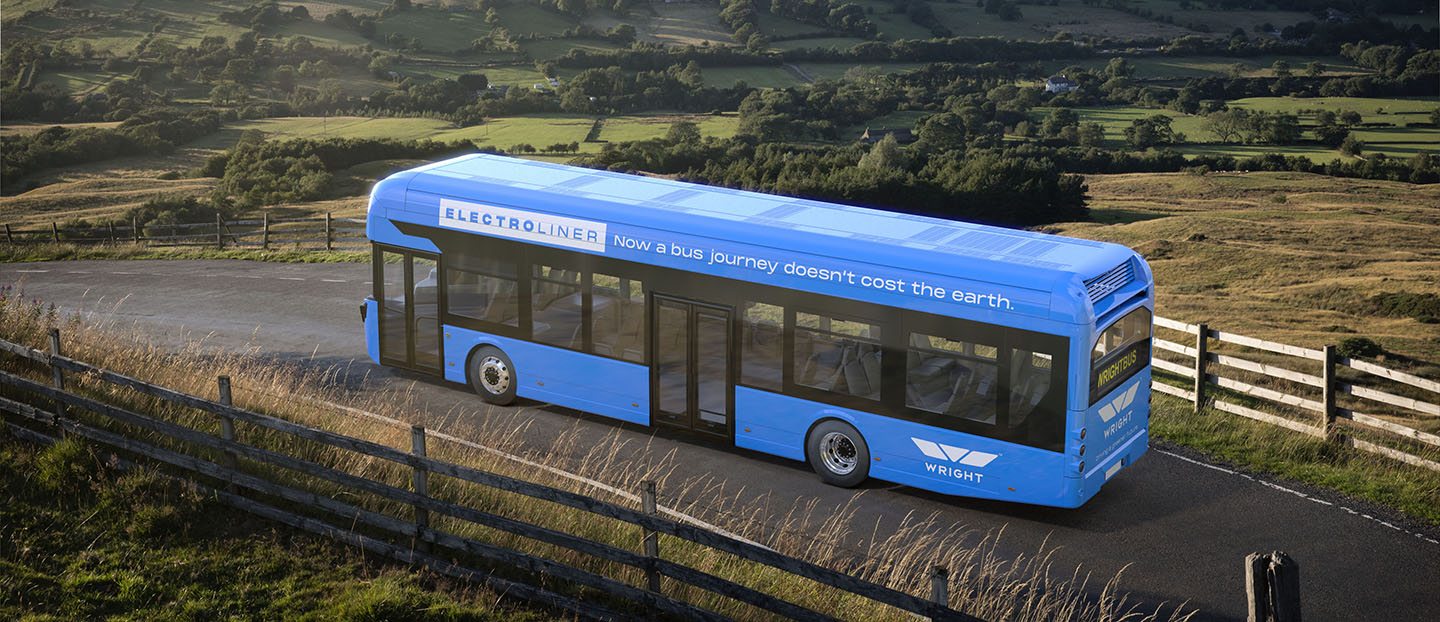
In an era marked by environmental consciousness and technological advancement, electric vehicles (EVs) and electric buses (e-buses) have emerged as front-runners in revolutionizing urban transportation. As cities seek cleaner and more sustainable mobility solutions, these electrified options are propelling us towards a greener future. In this blog, we'll delve into the world of electric vehicles and e-buses, exploring their impact on urban transport and the environment.
Electric Vehicles: A Shift Towards Cleaner Mobility
Electric vehicles are changing the automotive landscape, offering a breath of fresh air—literally and figuratively—to urban transportation.
Zero Tailpipe Emissions
The hallmark feature of electric vehicles is their zero tailpipe emissions. By utilizing electricity stored in batteries to power electric motors, EVs produce no exhaust gases, significantly reducing air pollution and greenhouse gas emissions. This not only improves air quality but also contributes to combating climate change.
Energy Efficiency
EVs are inherently more energy-efficient than internal combustion engine vehicles. Electric motors convert a higher percentage of stored energy from the battery to power at the wheels, resulting in less energy waste and reduced fuel consumption.
Silent Performance
One of the unique attributes of electric vehicles is their near-silent operation. The absence of engine noise not only enhances passenger comfort but also contributes to quieter and more peaceful urban environments.
E-Buses: A Green Solution for Mass Transit
Electric buses are transforming public transportation systems by offering sustainable alternatives to traditional fossil fuel-powered buses.
Urban Air Quality Improvement
E-buses eliminate tailpipe emissions and, consequently, the release of harmful pollutants like nitrogen oxides and particulate matter. This translates into cleaner air and healthier urban communities for both passengers and residents.
Noise Reduction
E-buses operate with significantly reduced noise levels compared to conventional buses, providing a more pleasant commuting experience and contributing to quieter neighborhoods.
Energy Recovery and Regenerative Braking
E-buses often feature regenerative braking systems that convert kinetic energy into electrical energy during deceleration. This energy can be stored and used to power the bus, enhancing overall efficiency and reducing wear on the braking system.
The Road Ahead: Challenges and Opportunities
While the benefits of electric vehicles and e-buses are evident, challenges remain. Developing a robust charging infrastructure and addressing concerns about battery life and recycling are vital steps for wider adoption. Additionally, investments in renewable energy sources to power these vehicles further enhance their sustainability.
Conclusion: Paving the Way to Sustainable Cities
As urban centers grapple with congestion, pollution, and limited resources, electric vehicles and e-buses present an avenue for transformation. These innovative modes of transport demonstrate that cleaner alternatives are not only feasible but also economically and environmentally advantageous. By embracing electric vehicles and e-buses, cities can shape a future where mobility is synonymous with sustainability, providing us with cleaner air, quieter streets, and a healthier planet for generations to come. The road to electrifying urban transport has already begun, and it's a journey we must continue to accelerate.
Read more
Single Decker Electric Buses: Paving the Way for Sustainable Public Transport
Read onThe Double Decker Electric Buses: Revolutionizing Urban Transportation
Read onElectric Buses and Hydrogen Vehicles: Driving the Future of Sustainable Transportation
Read onHybrid Buses: The Future of Sustainable Double Decker Transportation
Read onThe Future of Public Transit: Single Decker Buses and Hydrogen Fuel Cell Vehicles
Read onExploring the Future of Transportation: Battery Electric Vehicles and Double Decker Buses
Read onNavigating Urban Landscapes: The Versatility of Single Deck Buses and Double Deck Buses
Read onLondon's Bendy Bus Legacy and the Innovation of London Electric Vehicle Company
Read onPioneering Zero-Emission Transport: The Rise of Electric Bus Companies in the UK
Read onNavigating Green Urban Transit: London's Best Electric Vehicles and Electric Buses
Read on
Get in touch
Wrightbus has been at the forefront of transport innovation since 1946, relentlessly pushing the boundaries with its commitment to quality, style and safety.
